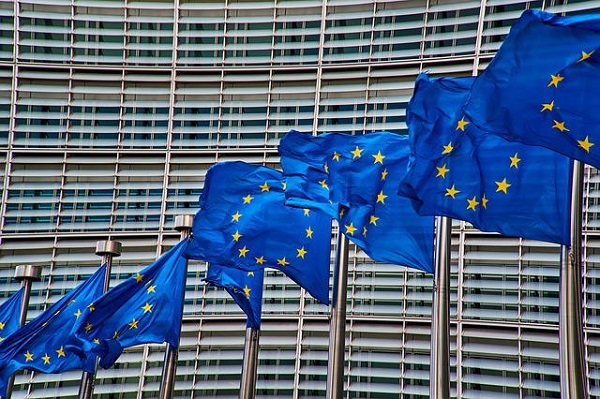
Luxembourg's Minister of Foreign and European Affairs and Minister of Immigration and Asylum, Jean Asselborn, participated in the meeting of the Justice and Home Affairs Council of the European Union, which took place in the Grand Duchy on Thursday 8 June 2023.
The main challenge of the ministerial meeting was to make progress on the migration and asylum pact. EU ministers discussed general guidelines on the Asylum and Migration Management Regulation (AMMR) and Asylum Procedures Regulation (APR).
Ylva Johansson, European Commissioner for Home Affairs, argued in favour of mutual trust and recalled that only European unity can meet the challenges of migration. "The European Union is capable of showing solidarity; we still welcome four million Ukrainians," she highlighted, before specifying: "Without an agreement, we would all be losers, the traffickers would be the winners."
Minister Asselborn insisted that the current migration system is no longer up to today's challenges. He stressed the importance of reforming European migration policy: "This reform must imperatively guarantee three principles. First, the European Union must remain a space that honours its commitments under international law in terms of international protection. Second, the burden of these commitments must be shared fairly among member states. Thirdly, we need procedures to better order and control migration in full respect of fundamental rights. Fundamental rights are not a matter of choice, their respect is imperative."
Minister Asselborn welcomed the fact that solidarity is now compulsory for everyone. He defended two important points, one in relation to derogations from the border procedure and the other in relation to the concept of a safe third country. He also stressed that it was very difficult for him to accept that minors and their families are not exempted from the border procedure. "Europe is measured by the humanity it shows towards the most vulnerable and we do not give a humanitarian image by detaining children at our external borders," he said. Minister Asselborn also opposed any tendency to externalise the right of asylum to third countries, saying: "It is crucial that the mandatory connection criterion under the safe third country concept is maintained and in line with the case law of the Court of Justice of the European Union, whose general principles form part of the union's primary law."
After intense discussions, the ministers were able to agree on a compromise package. The Swedish Presidency spoke of a historic step towards solidarity and respect for the values of the EU. The adoption of these mandates will make it possible to launch interinstitutional negotiations with the European Parliament. Germany, Ireland, Portugal and Luxembourg adopted a joint declaration to make it clear that they will continue to ask for a derogation for families and children during negotiations with the European Parliament.
Subsequently, the ministers discussed the external dimension and in particular the situation in Tunisia. On this occasion, the European Commission presented the Action Plan on Western Mediterranean and Atlantic migration routes. As part of the general state of the Schengen area, the ministers also discussed the future of visa policy, in particular the monitoring of visa-free regimes.








